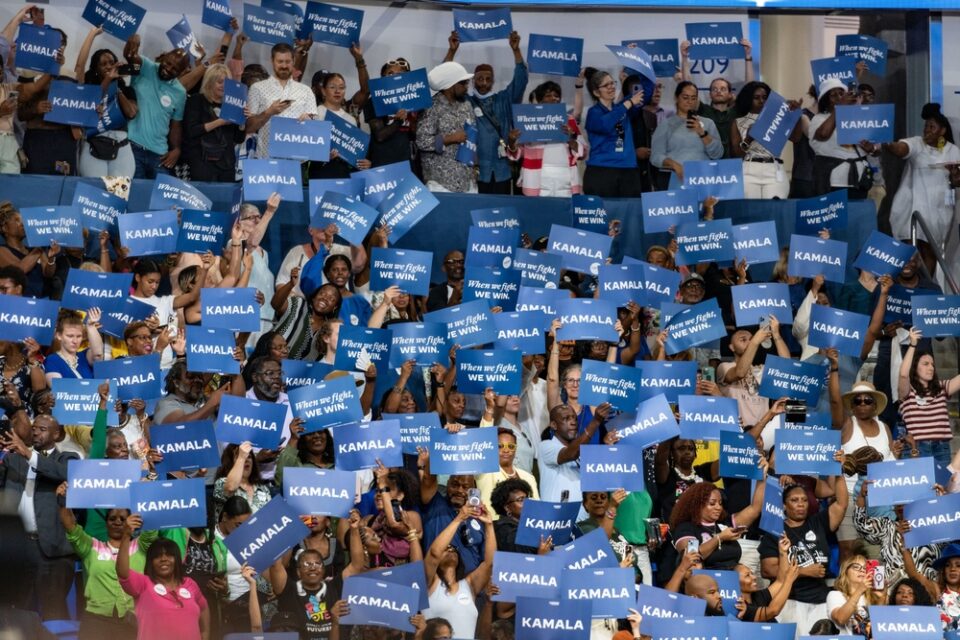The Democratic Party, true to form, is back at it again with its favorite pastime: hand-wringing over diversity. This time, the spotlight is on the race for the Democratic National Committee (DNC) chair, where some insiders are bemoaning the glaring lack of candidates who check the right boxes for their identity politics agenda. Nate Snyder, a Latin Jew and former Department of Homeland Security official vying for the role, has already flagged the “off” gender diversity in the lineup. It’s an eyebrow-raising critique from a party that loves to tout itself as the gold standard of inclusivity—except, apparently, when it comes to its own leadership races.
The current field for the DNC chair isn’t exactly a kaleidoscope of diversity. Contenders include state party chairs Ken Martin from Minnesota and Ben Wikler from Wisconsin, as well as former Maryland Governor Martin O’Malley and perennial oddball Marianne Williamson. With all the candidates sharing one common trait—their whiteness—it’s sparked predictable grumbling from the progressive wing. Congresswoman Pramila Jayapal wasted no time pointing fingers at state parties for failing to cultivate diverse leadership. Her solution? Build stronger party infrastructure to create a pipeline of leaders who don’t all look the same. It’s a nice talking point, but one wonders why this problem persists in a party so supposedly committed to “equity.”
Meanwhile, David Hogg, who’s eyeing the DNC vice chair role, has joined the fray, arguing that young Democrats need more opportunities to get involved at every level of the party hierarchy. He insists that giving them experience—not necessarily top billing—is essential for future success. It’s an admirable enough position, but it begs the question: Are Democrats really invested in empowering the next generation, or is this just more window dressing to appease the youth vote? The party’s track record of elevating fresh faces suggests the latter.
This diversity drama exposes a broader issue within the Democratic Party: their obsession with appearances often eclipses meaningful action. While leaders wring their hands over the lack of diversity among DNC chair candidates, their base is left wondering why the party hasn’t made progress on pressing issues like inflation, crime, or the southern border. For all their posturing about being the party of the people, Democrats seem more preoccupied with the optics of representation than with delivering tangible results.
As the race for DNC chair progresses, the Democrats are once again walking a tightrope of their own making, balancing their identity politics rhetoric with the practical shortcomings of their leadership pipeline. Whether they manage to unify or devolve into another round of factional squabbles remains to be seen. What’s clear, however, is that their fixation on checking diversity boxes continues to overshadow the hard work of crafting a winning strategy that resonates with voters. In the end, the party may find itself exactly where it started: championing appearances while struggling to deliver substance.

